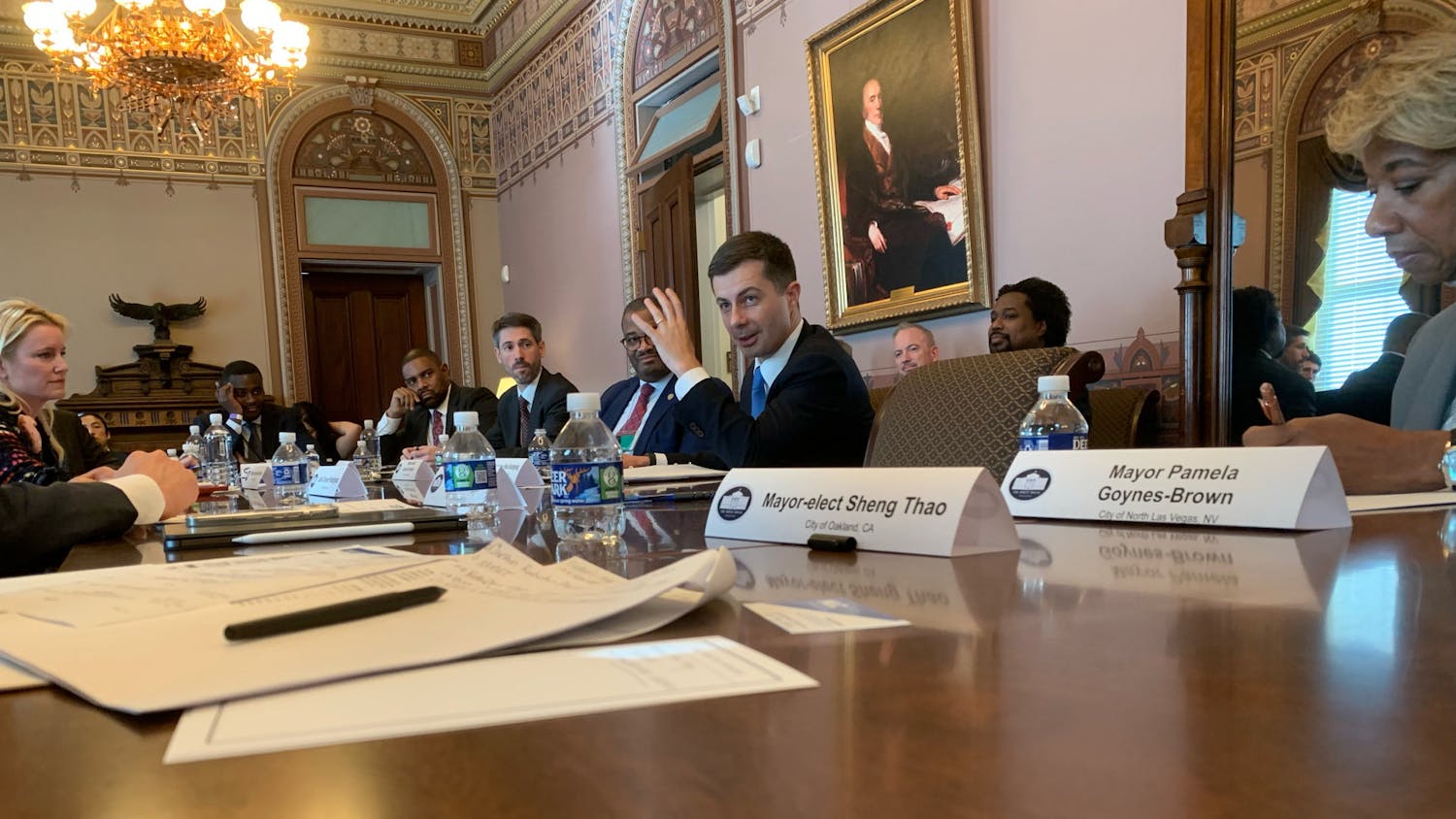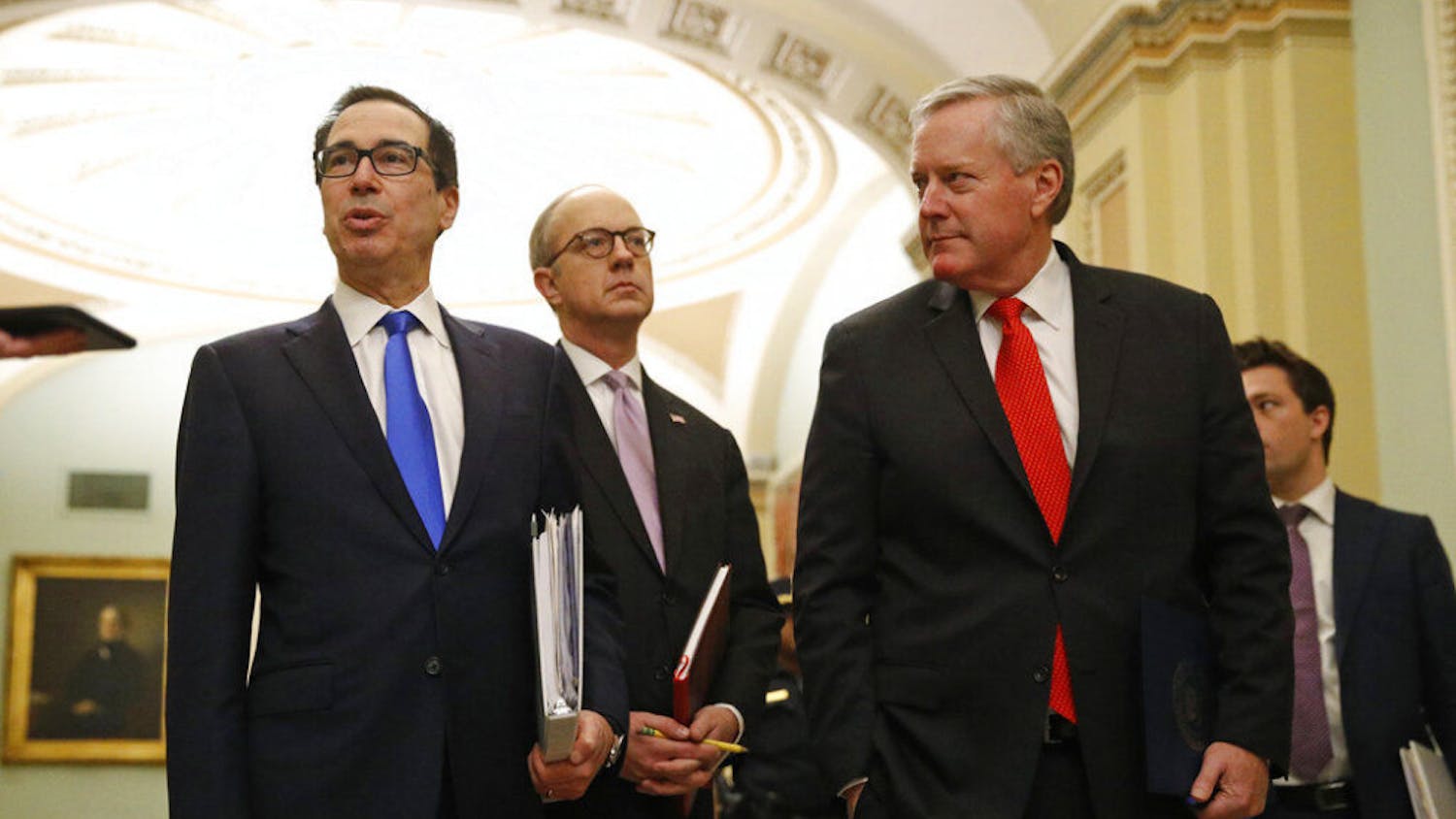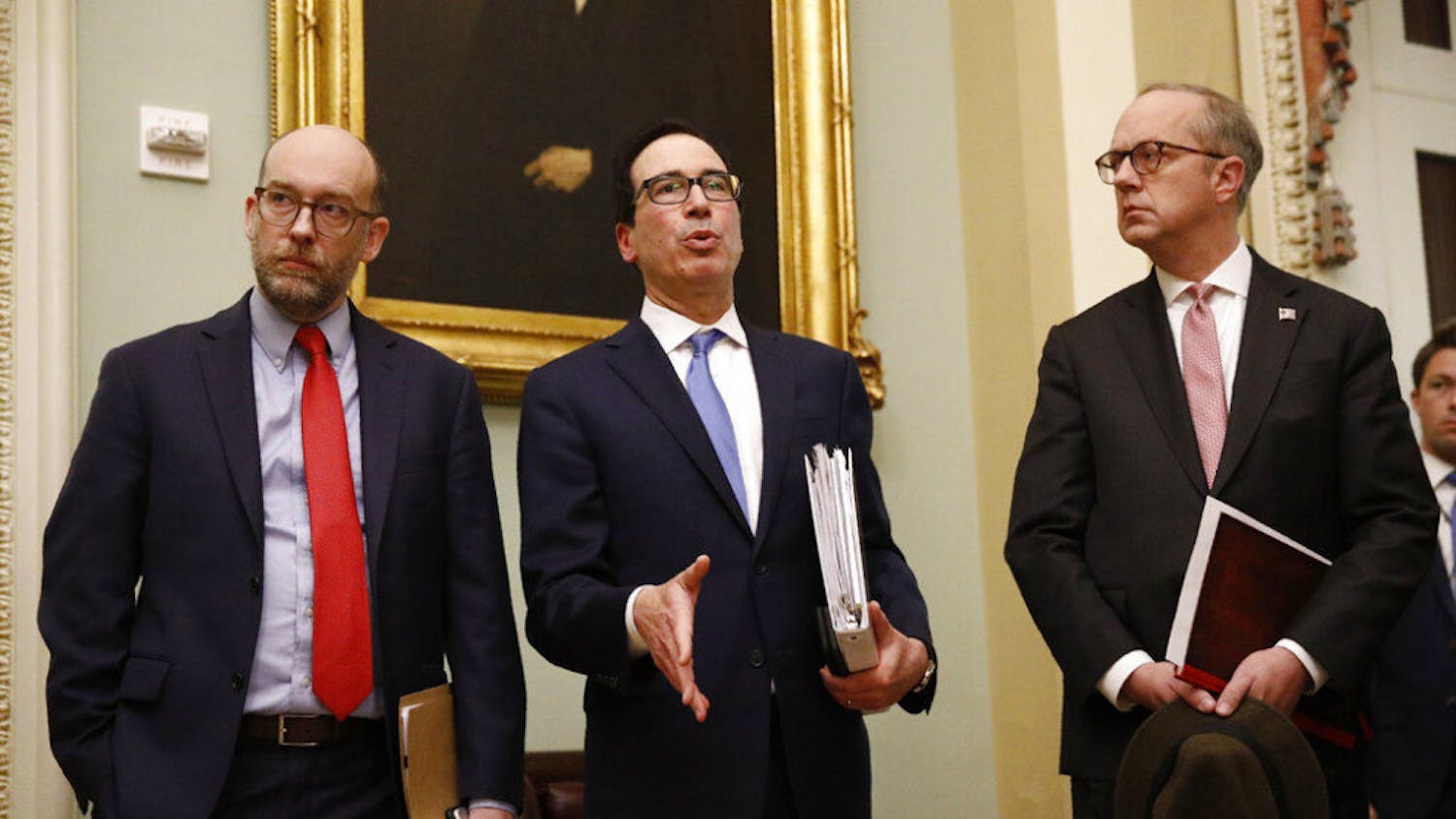While registering voters in 2012, Kayla Malone met people who couldn’t register.
They were of age. They were citizens. But they were once incarcerated, the 22-year-old said.
"They should have their rights restored after (prison)," said Malone, a second-year UF graduate student of urban and regional planning. "Are we really trying to get those who served their time back into society? Restoring their rights is one way to do that."
Today, Malone will attend the Students Taking Action Against Racism’s first discussion-based forum of the year, "What You Can’t Get Back: The Human Cost of Mass Incarceration," in Pugh Hall Ocora from 5:30 p.m. to 7:30 p.m.
She said she hopes to learn creative ways to solve issues of mass imprisonment. Since 1980, the number of prisoners in the U.S. has increased from 500,000 to 2.2 million, according to the White House’s website.
At the event, four speakers will address these problems and their relationship to race. They will talk about their experiences with mass imprisonment and the research they have uncovered that links racism to arrests, said STAAR’s chair, Jennifer Thelusma.
One of the speakers, Justin Hosbey, traveled to Alabama to interview Anthony Ray Hinton, a man who was held on death row for 30 years for a crime he didn’t commit. It took a long time to get through the appeals process, and a lot of attorneys did not want to take his case.
"Race definitely played a big role," said Thelusma, a 21-year-old political science senior.
But the effects of mass incarceration go beyond the individual.
"The costs are on the family as well," she said.
The panel will also show how people of color are criminalized in the media and how it affects laws that are made to incarcerate individuals, said vice chair of programs for STAAR, Harold Joseph.
"There’s no silver bullet for combating this problem," the 21-year-old UF political science and economics senior said. "It might take a while, but it’s important to do what you can."
Contact Danielle Veenstra at dveenstra@alligator.org and follow her on Twitter @_Veenstra_





